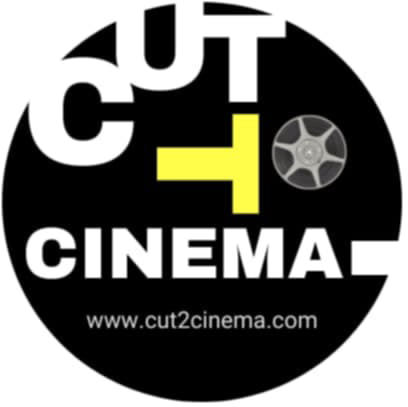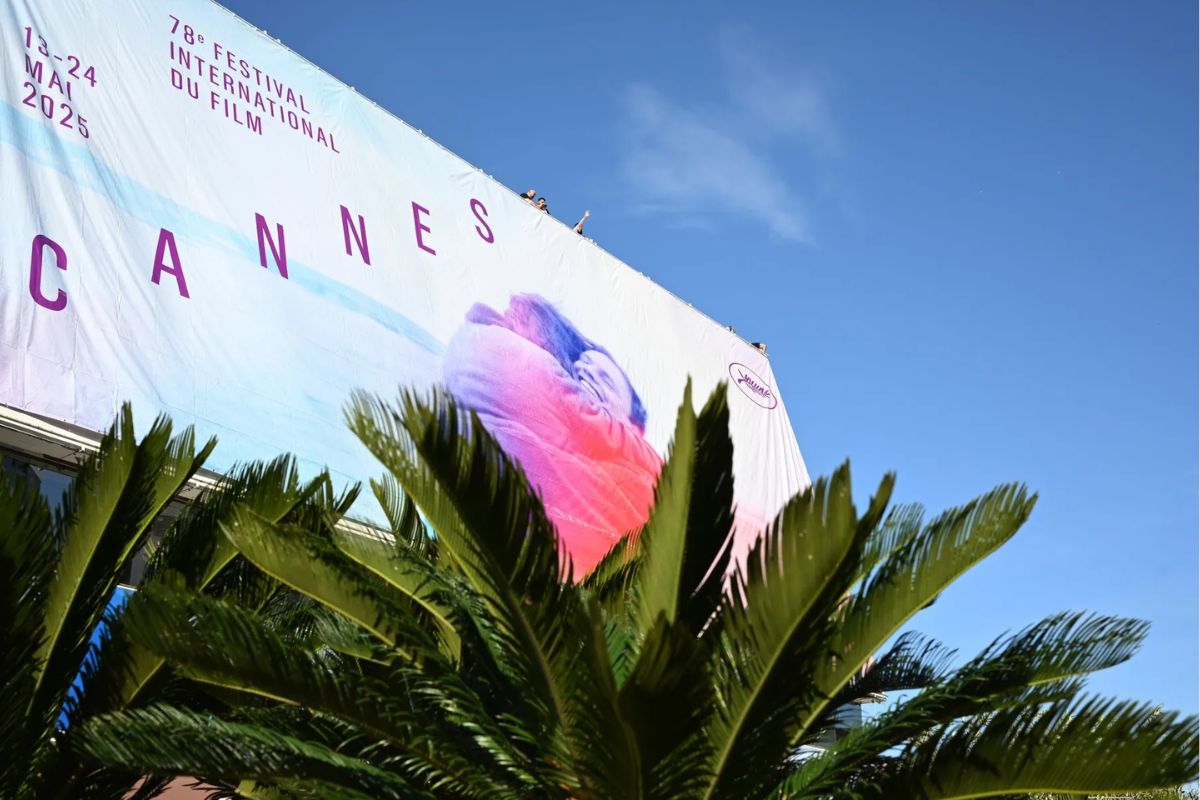
Published: : May 13, 2025, 10:13 PM

The 78th Cannes Film Festival officially opened Tuesday, promising what could be a landmark edition filled with star-studded premieres, major filmmakers, and heightened political discourse. Set across 12 days, the festival will feature high-profile debuts like Mission: Impossible – The Final Reckoning, Spike Lee’s Highest 2 Lowest, and Ari Aster’s Eddington.
Opening night featured the unveiling of Juliette Binoche’s jury, a three-film tribute to Ukraine, and the premiere of Amélie Bonnin’s French romance Leave One Day. At the ceremony, Robert De Niro was honored with an honorary Palme d’Or—49 years after Taxi Driver took home the festival's top prize.
Following a 2024 edition that produced Oscar contenders such as Emilia Pérez, The Substance, Flow, and Anora (which won Best Picture), expectations are high. Still, festival director Thierry Frémaux downplayed any pressure, quipping, “The only kind of pressure I believe in is in beer.”
Cannes opened against the backdrop of major news: French actor Gérard Depardieu was convicted of sexually assaulting two women on a 2021 film set. He received an 18-month suspended sentence in one of France's most high-profile #MeToo cases. A long-time Cannes figure, Depardieu’s absence is noticeable.
Geopolitical tension also made its way into the festival. U.S. President Donald Trump recently proposed tariffs on foreign-made films. When asked about it, Binoche replied, “We can see that he's fighting and trying in many different ways to save America and save his ass.”
Her fellow jurors include Halle Berry and Jeremy Strong. Strong, referencing his Trump film The Apprentice (which earned him his first Oscar nomination), emphasized film’s importance in “communicating truths” in a world where “truth is under assault.” Berry, meanwhile, adapted her wardrobe after Cannes enforced new rules banning nudity and long-train dresses. “I had to make a pivot,” she said. “But the nudity part, I do think is probably also a good rule.”
Wednesday brings the return of Tom Cruise with his latest Mission: Impossible. In total, 22 films will compete for the Palme d’Or, with entries from Wes Anderson (The Phoenician Scheme), Richard Linklater (Nouvelle Vague), Lynne Ramsay (Die, My Love), Jafar Panahi (A Simple Accident), and others.
Three actors—Harris Dickinson, Kristen Stewart, and Scarlett Johansson—will make their directorial debuts in the Un Certain Regard section.
The festival began with a powerful statement on Ukraine, screening three documentaries: Zelensky, Bernard-Henri Lévy’s Notre Guerre, and 2000 Meters to Andriivka by Mstyslav Chernov, Oscar winner for 20 Days in Mariupol. “This ‘Ukraine Day’ is a reminder of the commitment of artists, authors and journalists to tell the story of this conflict in the heart of Europe,” Cannes stated.
Meanwhile, over 350 film industry figures, including Richard Gere, Pedro Almodóvar, Javier Bardem, Viggo Mortensen, and Mark Ruffalo, published an open letter in Libération and Variety, urging cinema institutions to take a stronger stand against what they called “genocide in Gaza.” ACID, a parallel Cannes section, includes Put Your Soul on Your Hand and Walk, a documentary about Fatma Hassona, a young Palestinian photojournalist killed shortly after the film’s selection was announced.
The letter criticized cinema’s muted response: “Why is it that cinema, a breeding ground for socially committed works, seems to be so indifferent to the horror of reality and the oppression suffered by our sisters and brothers?”
Veteran Cannes reporter Jake Coyle, who has covered the festival since 2012, prepped this year by mastering on-the-go crepes and interviewing directors from three continents competing for the Palme d’Or.